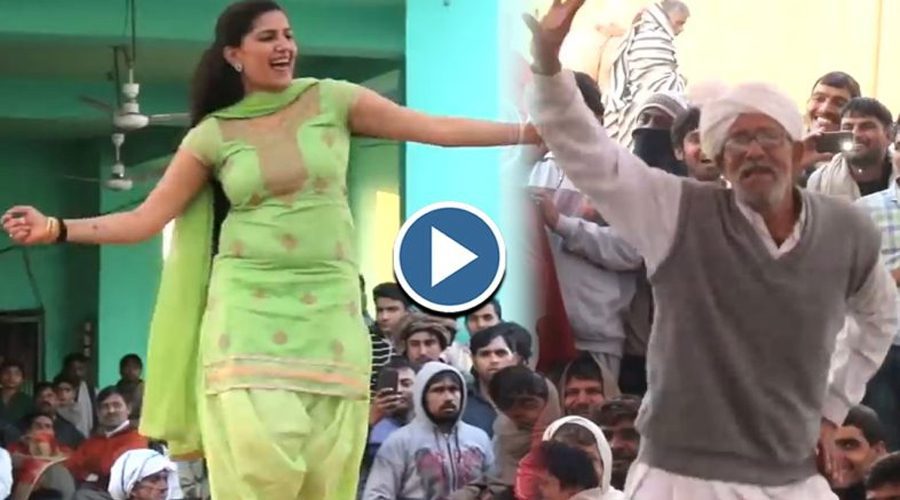India History Sheeter UN Records Reprisals Human Rights Activists: India has been a rehash guilty party with regards to backlashes against human rights protectors for collaborating with the United Nations, having highlighted somewhere around five times over the most recent nine years in yearly reports by the UN Secretary-General.
India History Sheeter UN Records Reprisals Human Rights Activists-
This year, India joined 38 nations that have included in a rundown of nations denounced by Secretary-General António Guterres for having led “terrorizing and backlashes” against the individuals who have coordinated or are looking to collaborate with the United Nations, its delegates and instruments in the field of human rights.
Guterres said backlashes and discipline of people for participating with the United Nations “is a dishonorable practice that everybody must accomplish more to stamp out.”
This is the ninth report discharged by the UNSG’s office since the section of a goals in 2010.
India has made sense of in five of the nine reports, with the most recent one having three new cases and furthermore follows-up on already specified cases.
The new cases to a great extent identify with suspension of licenses of non-administrative associations for remote gifts – a worry which had additionally been raised by exceptional rapporteurs over and over.
The Center for Promotion of Social Concern (CPSC), otherwise called People’s Watch, has been under the watch of the Indian home service since 2016. As of late, The Times of India announced that People’s Watch is among five NGOs whose cases have been alluded to the Central Bureau of Investigation (CBI).
The permit of People’s Watch was denied in October 2016 under article 7 of the Foreign Contributions Regulation Act 2010, which restricts exchange of outside commitment to someone else without endorsement. With its financial balances solidified, the NGO went to court yet the Delhi high court maintained the administration’s refusal to recharge its permit in January 2017.

The UNSG’s report noticed that the official chief of the People’s Watch, Henri Tiphagne, had submitted data to UN exceptional rapporteurs and furthermore made proposals amid India’s all inclusive occasional audit. It included that Tiphagne was blamed for utilizing remote commitments for worldwide support “to the impairment of India’s picture,” and his commitment with UN extraordinary rapporteurs was depicted as “depicting India’s human rights record in negative light.”
“The exceptional methodology order holders noticed that the non-restoration of the CPSC’s permit is a reasonable instance of response for his participation with the United Nations.”
India’s reaction
UN partner secretary-general for human rights Andrew Gilmour on June 7 requested a reaction from the Indian government on a few instances of terrorizing and responses.
Not as much as multi month later, the Indian government answered that the FCRA demonstration “denies acknowledgment and usage of remote commitment for exercises unfavorable to national intrigue.”
Concerning the People’s Watch case, the legislature recently saw that the case was still sub-judice, with the last hearing planned for August 31.
Moreover, the administration reacted that the half year permit suspension of another NGO, Center for Social Development, on January 1 this year was because of the need to “adjust to the legitimate structure and the necessities under FCRA.”
The CSD’s suspension, according to the UN report, was obviously because of damaging the FCRA arrangements by utilizing remote commitments to attract consideration regarding uranium mining in Meghalaya at “a few worldwide stages.”
Two months previously the suspension, the CSD had presented an answer to the United Nations Working Group on Business and Human Rights and to the Committee on the Elimination of Racial Discrimination (CERD) on uranium mining and concrete processing plants in Meghalaya. The CSD has professed to have documented nine reports to the UN since 2006 on “infringement of the privileges of indigenous people groups in upper east India in connection to substantial scale improvement ventures, mining activities, and execution of the Armed Forces (Special Powers) Act.”
The NGO has claimed that they have been under reconnaissance of Indian specialists since August 2017. Their workplaces were supposedly visited by CRPF faculty, who addressed and “bugged” the staff.
The UN report expresses that a staff individual from the CSD was “physically assaulted” on August 18 a year ago. At that point in November, one staff part and two volunteers “were brought in for addressing by the police.”
CSD secretary Nobokishore Urikhimbam is cited in the report as saying that he has been under observation of military insight authorities both in Manipur and outside.
“When he ventured out to Shillong, State of Meghalaya in January 2018, the Intelligence Department of Meghalaya reached the inn and cross examined its staff about his activities and contacts. The inn staff was requested to give point by point data on his exercises, including a rundown of the general population he connected with,” it said. Urikhimbam additionally purportedly whined to the Manipur police, however “without much of any result.”
The association had looked for the activity of the CERD under its initial cautioning method.
While the ‘retaliations’ against CSD and the CPSC were identified with the long-standing issue of outside commitments, the third ‘new’ case was about reports of responses against Kartik Murukutla, an individual from the Jammu and Kashmir Coalition of Civil Society (JKCCS).
While leaving for Geneva in September 2016, Muruktala was educated that there was a “post round” against him, which may have been taken as “a response for his participation with United Nations human rights instruments in Geneva.” Murukutla’s case had been taken up by UN extraordinary rapporteur on human rights safeguards Michel Forst in June 2017.
In any case, the UN report included that there was no report vigilant round. “It was accounted for in May 2018 that Mr. Murukutla was not subject to limitations amid his latest ventures, yet he had not been educated about the status of the Look Out Circular nor its suggestions for his future travel.”
Bodies of evidence against Khurram Parvez specified
Other than Muruktula, the JKCSS additionally included in the rundown of ‘progressing cases’ since the yearly report had highlighted the program organizer of the gathering, Khurram Parvez, in the 2017 release.
Parvez’s provocation was clearly because of his participation with the UN Human Rights Council, Working Group on Enforced and Involuntary Disappearances and the all inclusive occasional audit.
Four bodies of evidence had been documented against Parvez yet were along these lines dropped after the J&K high court decided that he had been kept subjectively in 2016.
The police have now recorded three more arguments against him in Srinagar.

The 2018 report expresses that Parvez had been a “wellspring of data” for the report of office of the UN high chief on human rights on Kashmir discharged in June this year. The Indian government had expelled the affirmations refered to in the report and blamed the individual “partiality” of the past UN human rights boss for the production of the primary UN provide details regarding the circumstance in Kashmir.
Unexpectedly, the yearly investigate backlashes likewise asserted that “maligning content” against Parvez and the JKCCS had been coursed by a gathering guaranteeing association to Islamic State. “The gathering has freely instigated demise dangers against Mr. Parvez and his family, and utilized offensive dialect against crafted by the JKCCS,” it said.
The Indian government reacted that Parvez’s detainment was “advocated” as it seemed to be “very much grounded by the arrangements of the Jammu and Kashmir Public Safety Act (1978) in light of his exercises biased to open request.”
‘Irritating pattern’
Guterres in his report additionally indicated an “aggravating pattern in the utilization of national security instruments and counter-psychological oppression techniques by states as defense for blocking access by networks and common society associations to the United Nations.
“In the most recent year, various NGOs and human rights safeguards, activists and specialists have been named as ‘fear mongers’ by their administrations. Detailed cases incorporate people or associations being formally accused of psychological warfare, rebuked for participation with remote elements, or blamed for harming the notoriety or security of the state,” Guterres said.
As noted before, this is the second time that Parvez has included in the UN Secretary-General’s report checking out moves made by states to ensure human rights safeguards.
Parvez follows in the strides of lobbyist Teesta Setalvad, whose name was specified twice in past yearly reports of 2014 and 2011.
In 2011, the Supreme Court had denounced Setalvad for sending duplicates of a letter whining to the exceptional examination group on absence of insurance against casualties and observers of the Gulberg Society slaughter to the workplace of the UN human rights official.



